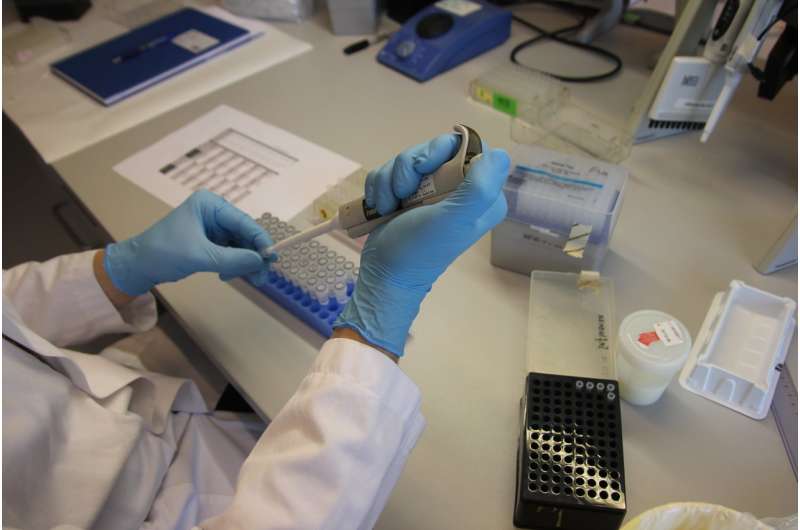Annual influenza vaccination does not prevent natural immunity

Earlier studies have suggested that having repeated annual influenza vaccination can prevent natural immunity to the virus, and potentially increase the susceptibility to influenza illness in the event of a pandemic, or when the vaccine does not match the virus circulating in the population.
But now, researchers at the Influenza Center in Bergen report that annual influenza vaccination does not increase susceptibility to influenza infection in years of vaccine mismatch.
"These findings are important because they show that it is only positive to have annual influenza vaccination, and it supports continuing the policy of repeated annual vaccination," says Professor Rebecca Cox, Head of the Influenza Centre.
A better first line defence
Researchers at the Influenza Centre in Bergen have followed 250 health care workers over a period of five years. They were vaccinated in 2009, and had annual vaccination in all subsequent seasons or no further vaccination between 2010 and 2013. The researchers collected 3000 blood samples.
The results showed that health care workers who had annual vaccination and those who did not get vaccinated annually had the same second-line defence, but those who had gotten annual vaccines had a better first-line defence. The group that had annual vaccination was not prevented from developing natural immunity.
Important for the risk groups
Almost 1.5 million people in Norway have an increased risk of influenza complications. The influenza vaccine is annually updated to adapt to rapid virus evolution. It is the only vaccine that is recommended on annual basis.
"For people in the risk groups, influenza could lead to pneumonia and exacerbation of chronic underlying diseases. Influenza can result in hospitalisation, in the elderly this may lead to institutionalisation, and in the worst case death. That is why it is so important that we can continue to recommend annual vaccination, especially now we know that it does not prevent natural infection," says Cox.
"Influenza vaccines have been in use for over 50 years, but there are very few studies that have been able to follow the same people for a long period of time, particularly such a well-documented group of vaccinated people."
More information: Mai-Chi Trieu et al, Long-term maintenance of the influenza-specific cross-reactive memory CD4+ T-cell responses following repeated annual influenza vaccination, Journal of Infectious Diseases (2016). DOI: 10.1093/infdis/jiw619















